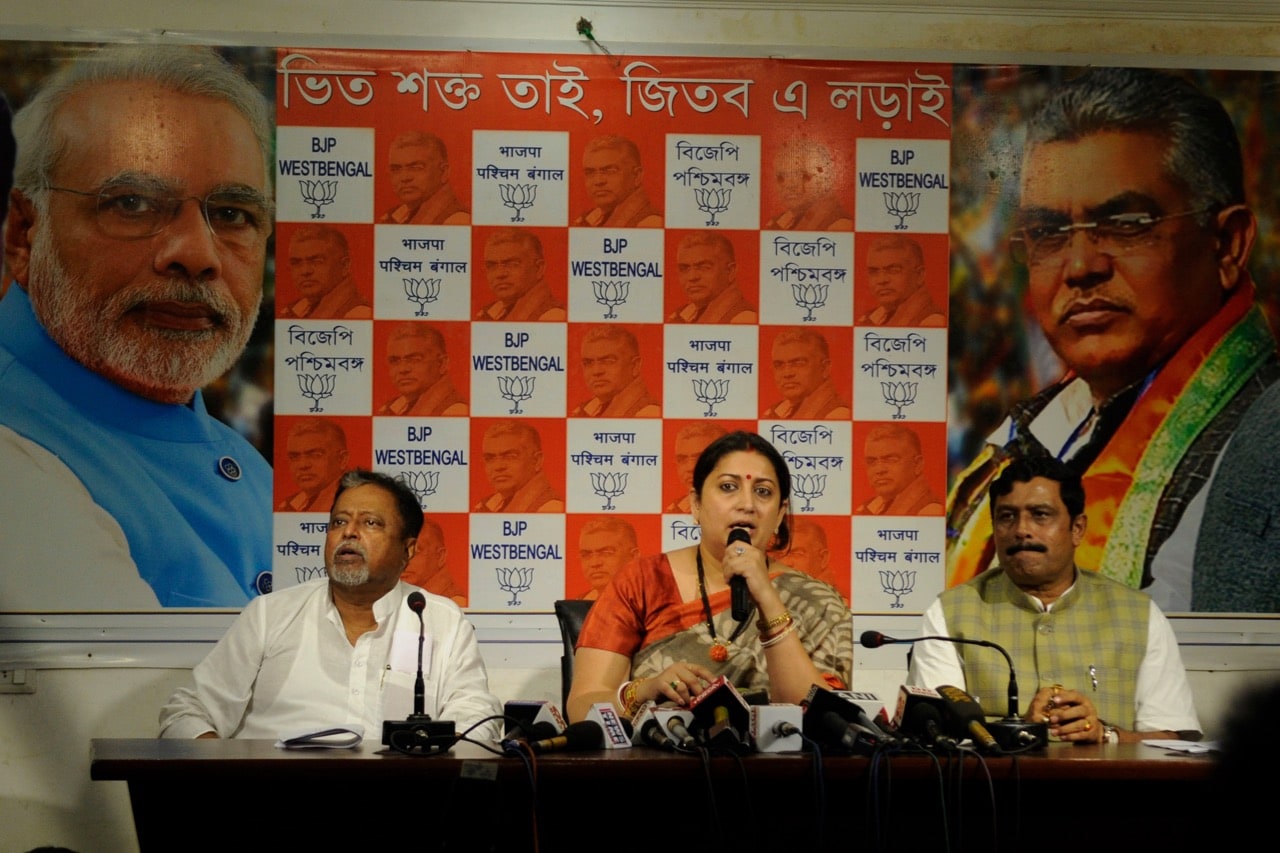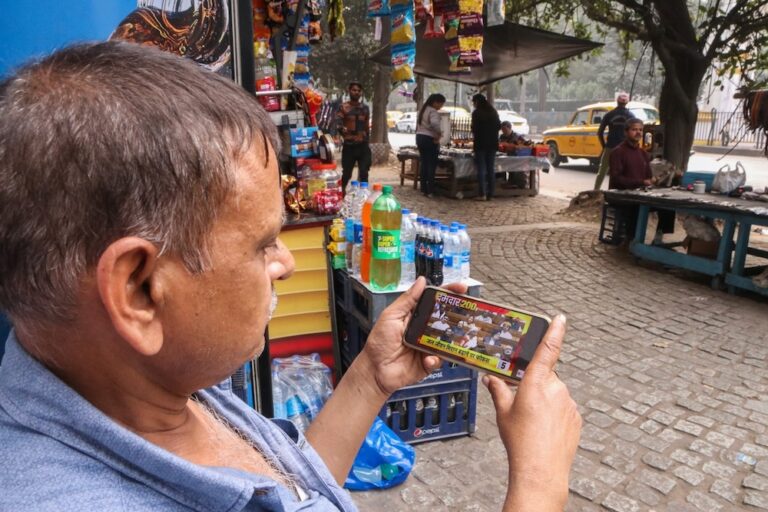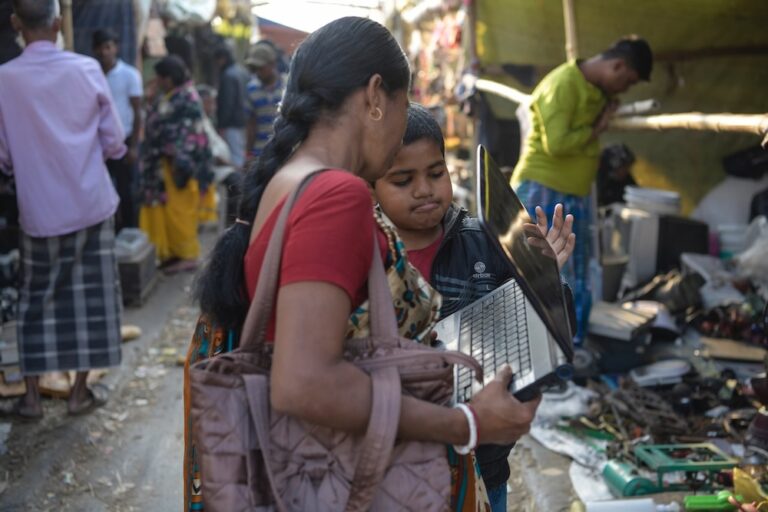The Ministry of Information and Broadcasting has threatened to revoke media accreditation over ‘fake news’
This article was originally published on ipi.media on 3 April 2018.
The International Press Institute (IPI), a global network of editors, journalists and media executives, today welcomed the decision by the prime minister of India, Narendra Modi, to rescind a policy issued by India’s Ministry of Information and Broadcasting that would have deprived journalists of government accreditation for publishing what it termed “fake news”.
The Information and Broadcasting Ministry had issued a statement on Monday announcing that it would withdraw accreditation of journalists found to have published or broadcast fake news. The announcement did not define what constituted fake news. However, after condemnation by journalists, who vehemently opposed the move, Prime Minister Modi intervened on Wednesday and ordered the withdrawal of the announcement.
Commending the decision of the prime minister to uphold media freedom, IPI’s executive director, Barbara Trionfi, said that the new rule would have severely impaired the freedom of journalists and their ability to report on crucial issues.
“We are grateful for the prime minister’s quick response to this misguided policy”, she said. “Access is an essential aspect of journalism. Without ease of access, journalists cannot perform their tasks and report facts accurately.”
The decision of the Ministry of Information and Broadcasting was strongly criticized by journalists as it had not defined what constitutes fake news. The move was described by journalists as an attack on their freedom and an attempt to stifle their voices.
While IPI appreciates Prime Minister Modi’s prompt intervention, it notes that the security and safety of journalists in India remain under serious threat. Over the past few years many journalists have been murdered or died under mysterious circumstances. According to IPI’s Death Watch, seven journalists were killed in India in 2017, while at least three have been killed in the first three months of 2018 alone. Besides murders and assaults, Indian journalists also face threats and online abuse. Investigations are slow and in many cases no arrests have been made.
“We would like to see swift action in the investigation of murders, too”, Trionfi said. “The government of India should take steps to not only strengthen protection of journalists, but also to bring to book those responsible for the murders, assaults and harassment of reporters and editors in the country.”
Founded in 1950, IPI is a membership-based organization and works to promote the conditions that allow journalism to fulfil its public function, the most important of which is the media’s ability to operate free from interference and without fear of retaliation.



